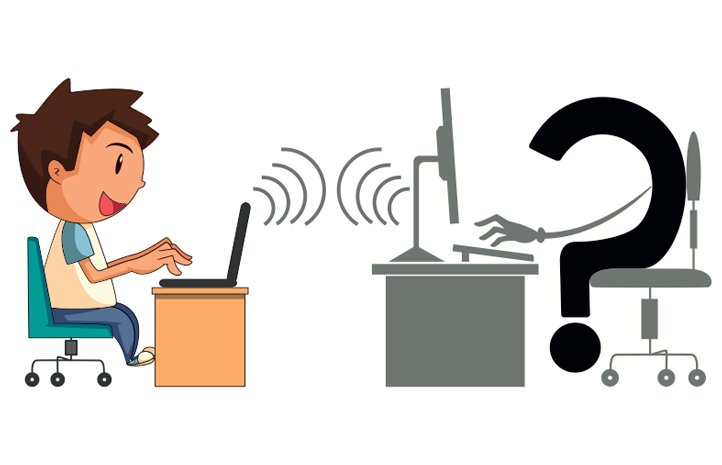Children are the most vulnerable on the internet and more so in the growing digital ecosystem. The issue of child online safety is grave and needs proper addressing, specially in India. The young users rely so much on the screens for everything- social interactions, solution to academic problems, infotainment, diagnosing health problems and much more, without analysing how much personal data they put online which could be at risk. Additionally, they are getting exposed to content not appropriate for them.
A lot of age-inappropriate content surfaces online everyday which makes way on to the devices being used by children. Also, privacy breach or data leak of children online is a major concern that needs addressing. The current regulatory landscape doesn’t suffice in curbing the mishappenings that happen online, especially with children.
The proposed Digital India Act 2023 was announced by the Ministry of Information Technology has been proposed to fill in the loopholes as its predecessor, the IT Act of 2000, as even after a couple of amendments (IT Amendment Act, 2008, and IT Rules, 2011), has not been able to cater to the nuances of the current online safety landscape.
One of the most important highlights of the proposed bill is online safety and trust for the usage of children. The proposed act talks about age-gating, i.e. establishing appropriate age-verification systems by regulating addictive tech and protecting minors’ data. Ensuring safety and privacy of children on social media platforms, gaming and betting apps. The act will also put in place a mandatory ‘do not track’ requirement to avoid children as data subjects for ad targeting. Introduced for the first time in the Intermediary Guidelines 2021, the online intermediaries will also be classified separately in the Digital India Act as the former only defined social media platforms. This will help to define the rules and regulations to be followed by different intermediaries. One major addition to the already existing systems will be separate rules for separate intermediaries, for example, OTT platforms will have to work according to a new and different set of rules especially meant for them. OTT platforms like Netflix, Hotstar and Prime Video will be heavily regulated for their content, misinformation and incitement of violence.
The act will strive towards saving the young online users from online harm by introducing offences such as cyber-bullying, doxing, cyber-flashing and salami-slicing attacks. Protect users from online harm by introducing offences such as cyber-flashing, offences against protected groups such as women, cyber-bullying, doxing and salami-slicing attacks
Age-gating certain sections of the internet to protect children, such as addictive technologies, platforms collecting children’s data, privacy, placing restrictions on targeted advertising to protect privacy of children
The act also aims to tackle nine types of content, including misinformation, disinformation and child sexual abuse material (CSAM). The act aims to cover a large spectrum of the digital technology ecosystem with special protective clauses around children and women’s safety.
Among the key targets of this act will be to establish global standard cyber laws. By establishing these standards, the act aims to ensure that the Indian internet is open, safe & trusted and accountable. The act will also focus on the growth of innovation and technology ecosystem is accelerated, complexities of internet and rapid expansion of the types of intermediaries is managed, a framework for accelerating digitalization of government and to strengthen democracy and governance (G2C), protect citizens’ rights is established, risks related to emerging technologies are addressed.
The IT Act, 2000 and the various amendments made to it in 2009 and 2011 had to be transformed to integrate modern day technological issues. The Ministry of Information and Technology (MeitY) also made amendments to the Intermediary Guidelines introduced in 2021 to incorporate the online gaming rules. The proposed Digital India Act is a more comprehensive approach towards ensuring online safety of kids. It will include four major changes to the already existing acts to make the legal framework for online safety robust and standardised. On similar lines as (GDPR) General Data Protection Regulation of the UK, India is coming up with the Personal Data Protection Bill that will enhance the privacy of users online and better grievance redressal mechanisms will be established under the act.
This comprehensive legislation is expected to catalyse online trust in the country and contribute to the realization of the government’s aim to establish a safe and secure cyber environment. By providing a clear legal framework for big techs and other stakeholders on the internet, the DIA can create a more protected environment for young online users . Overall, the Digital India Act holds great potential to accelerate an online environment in the digital age.




